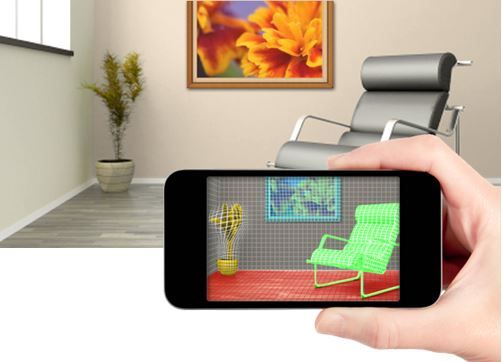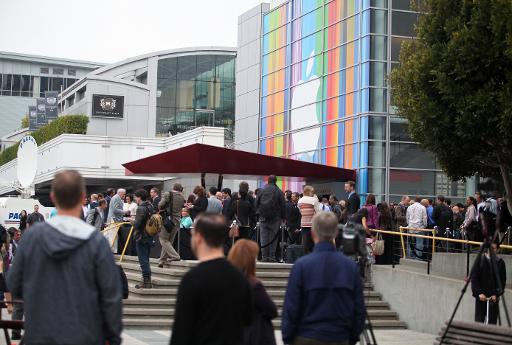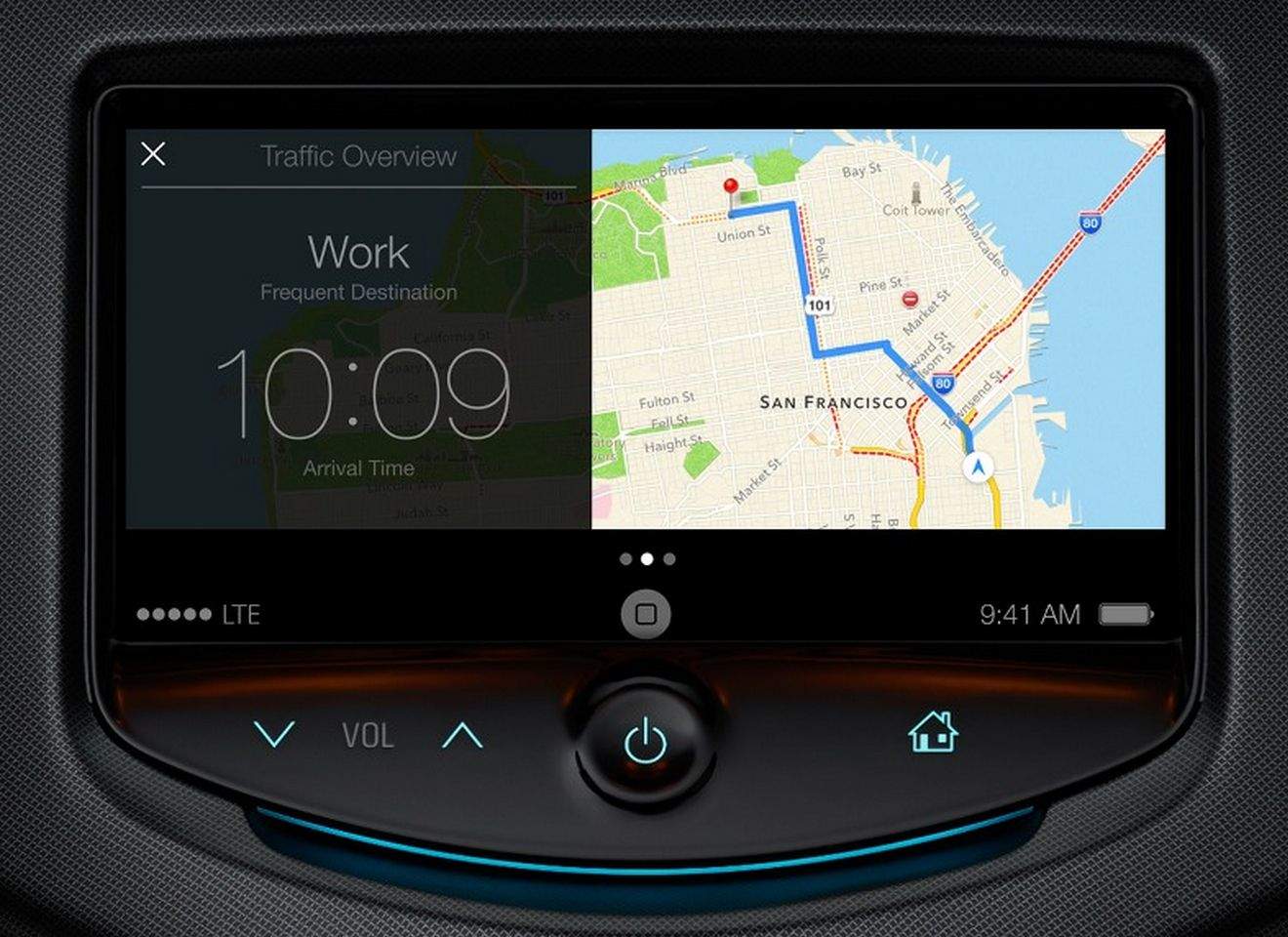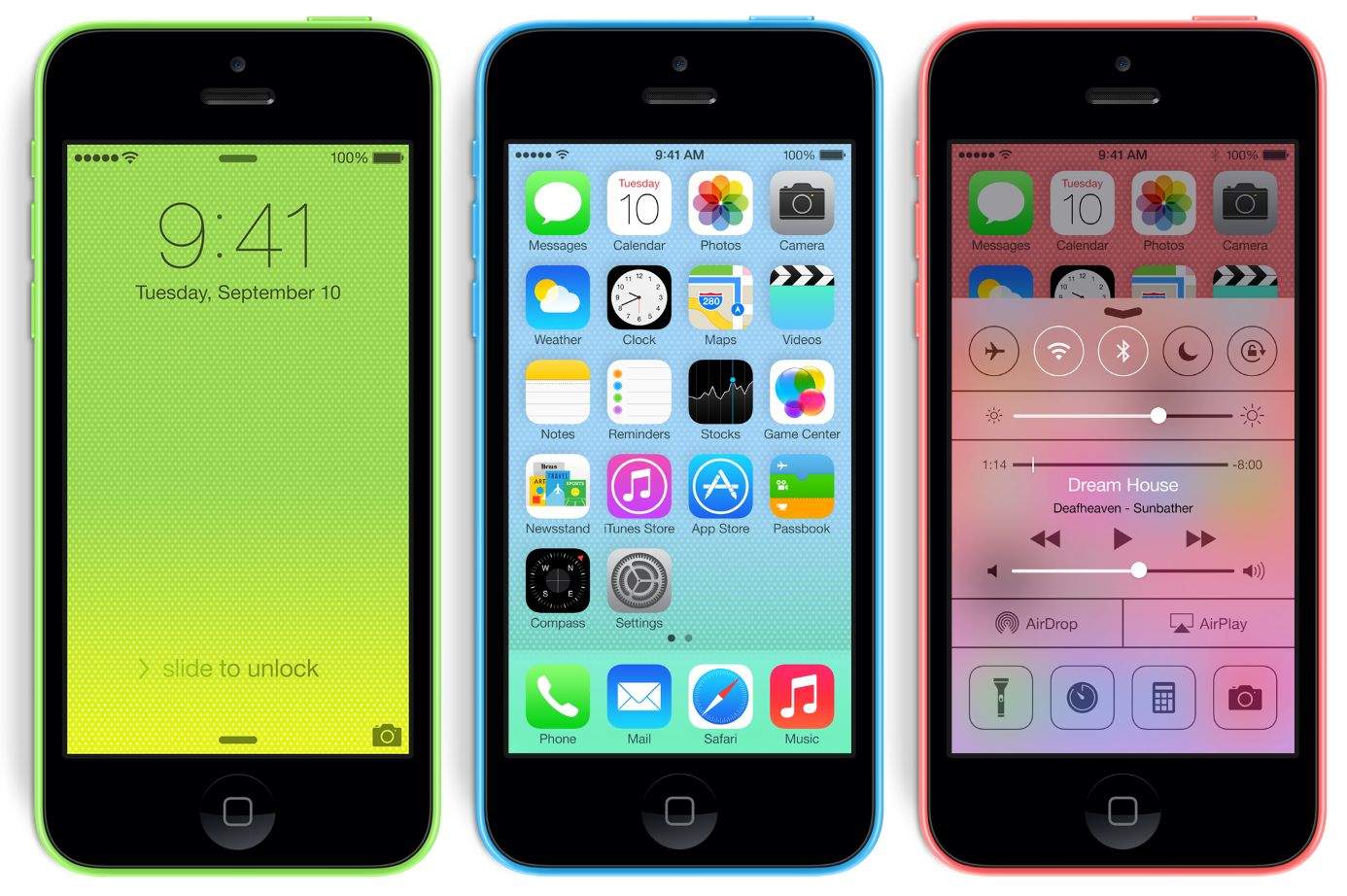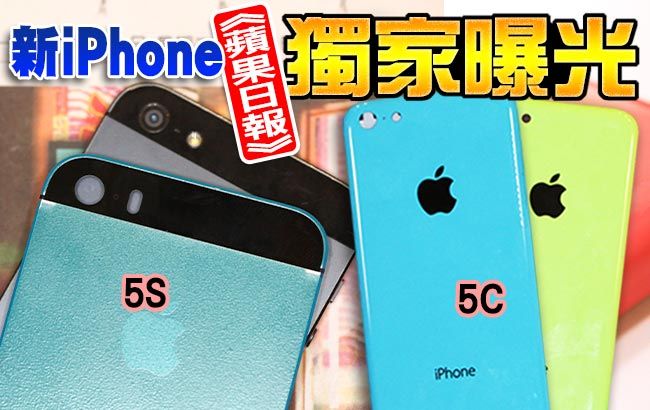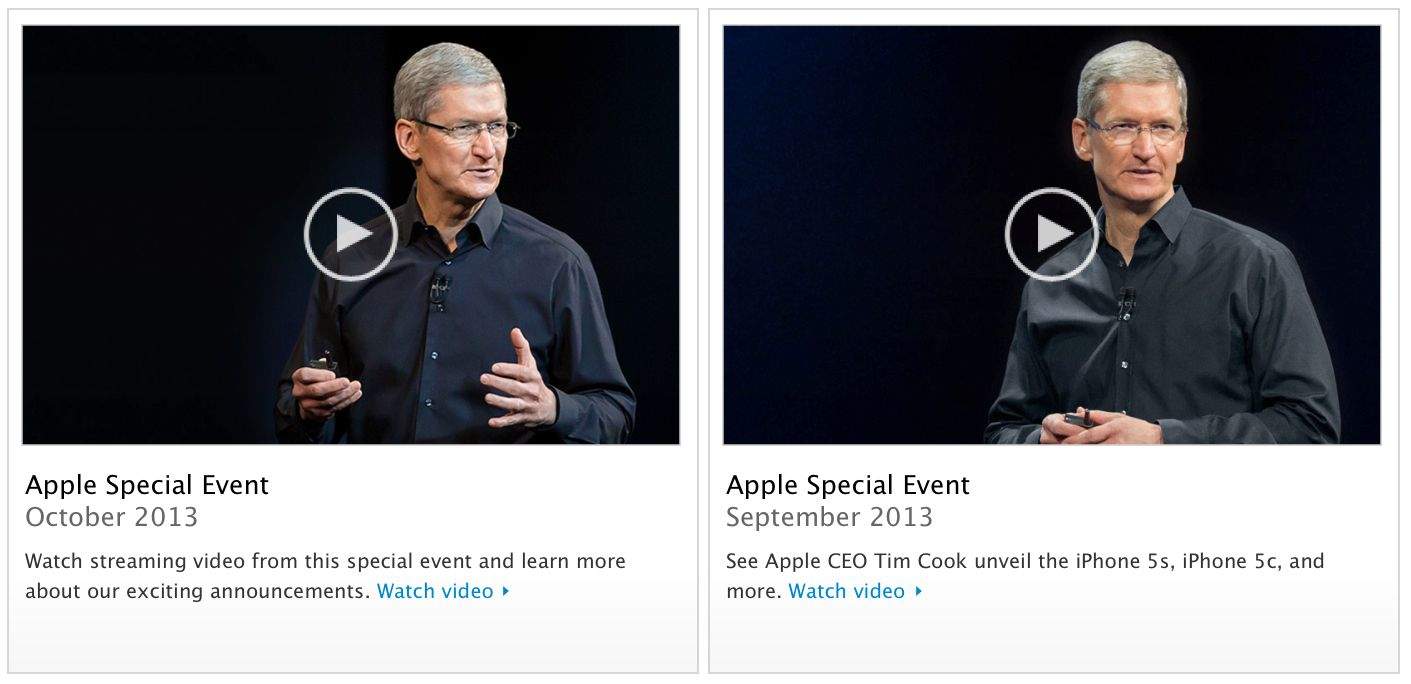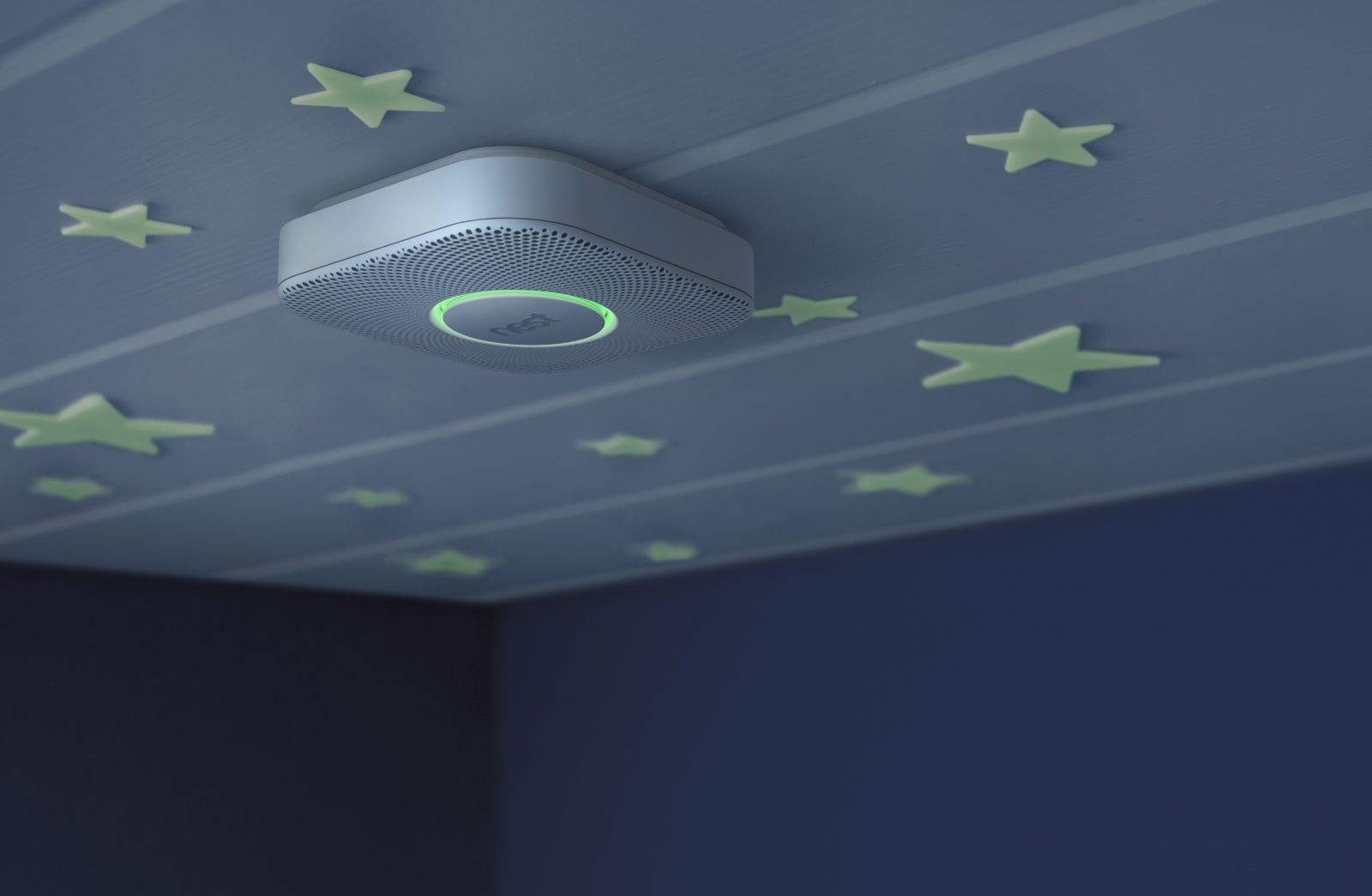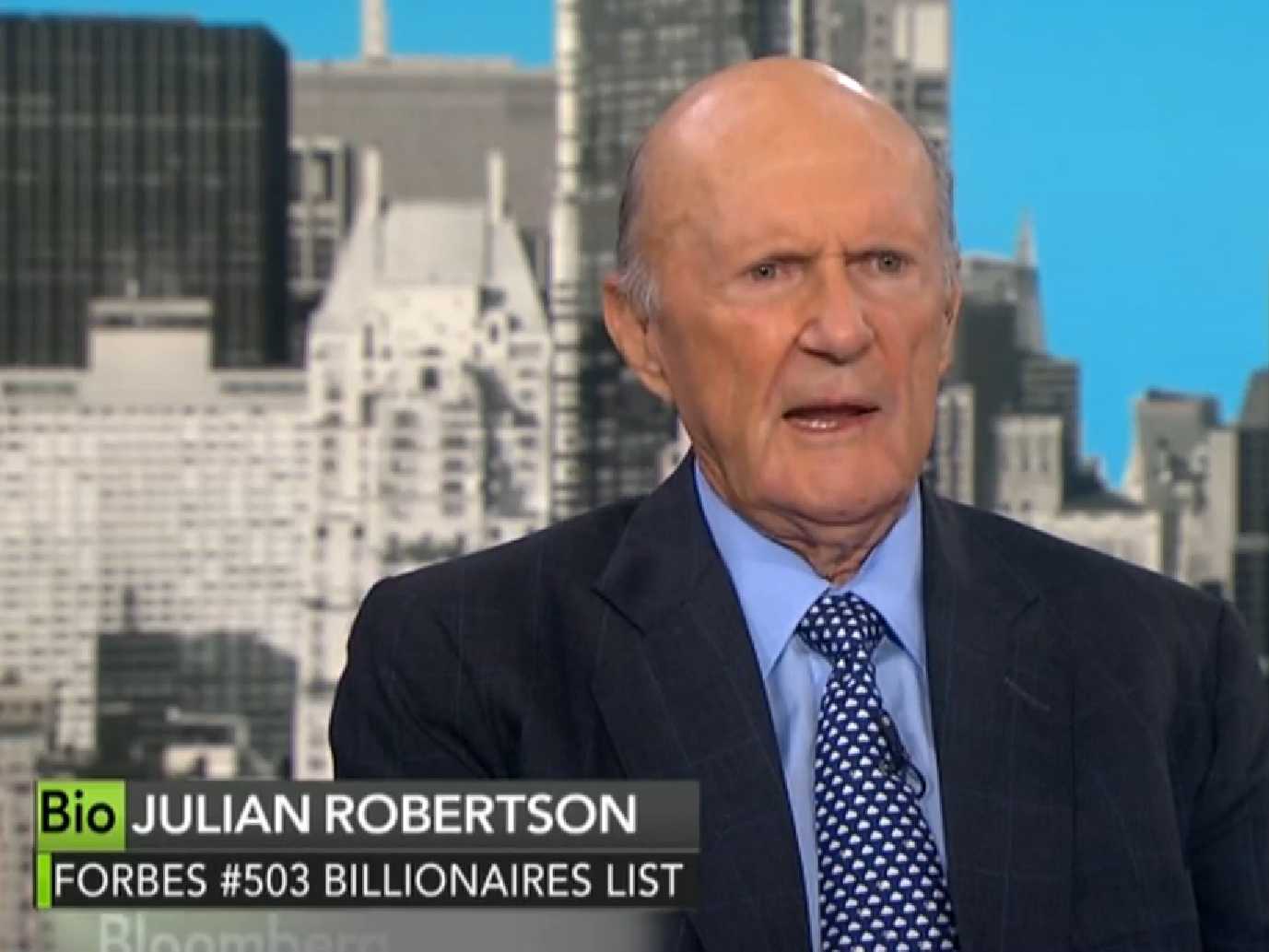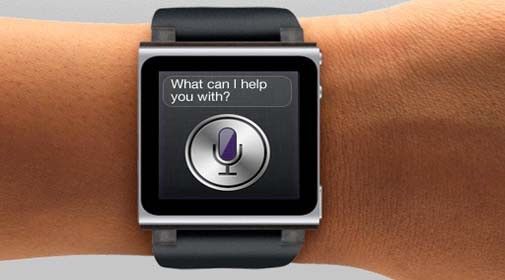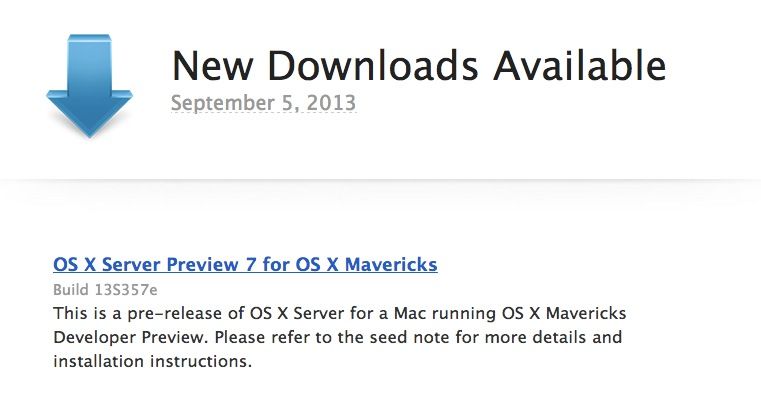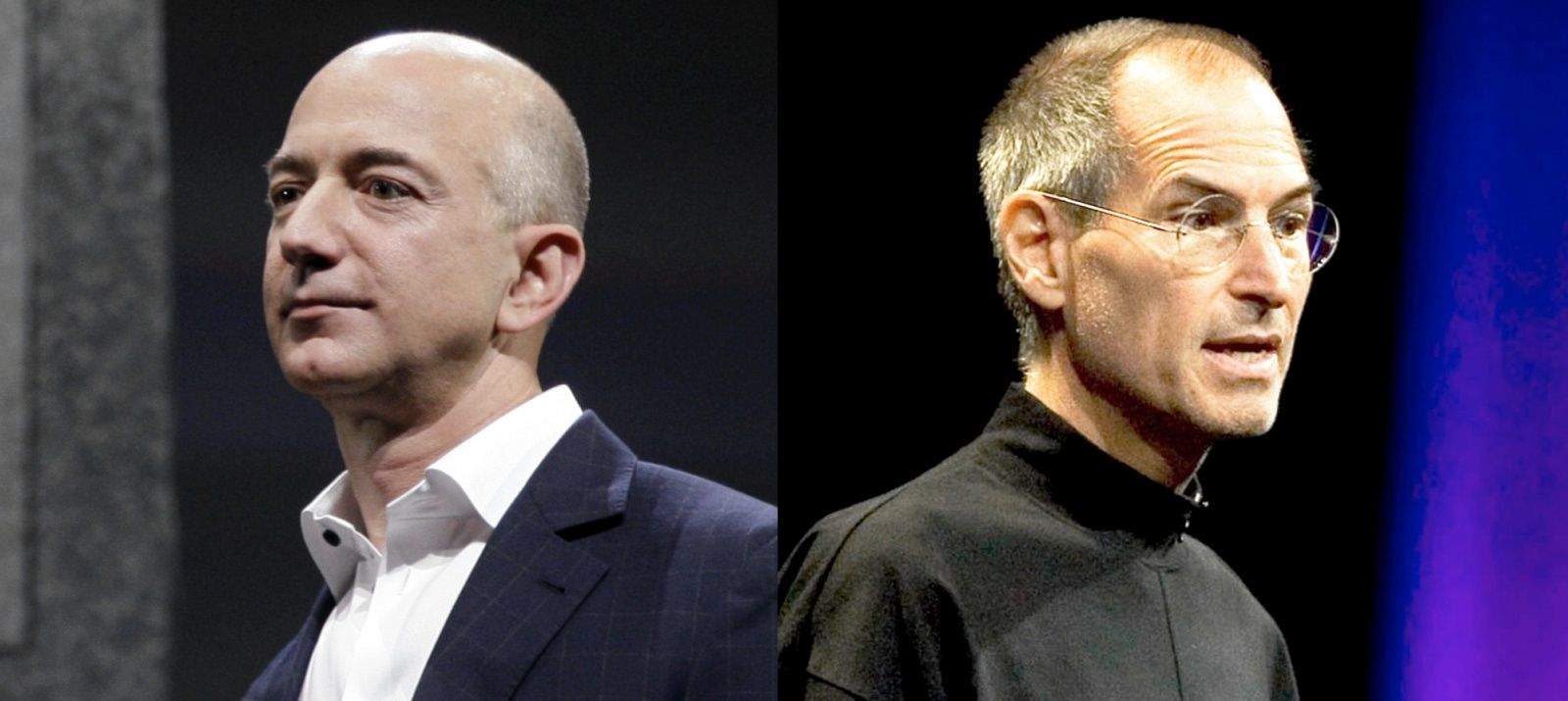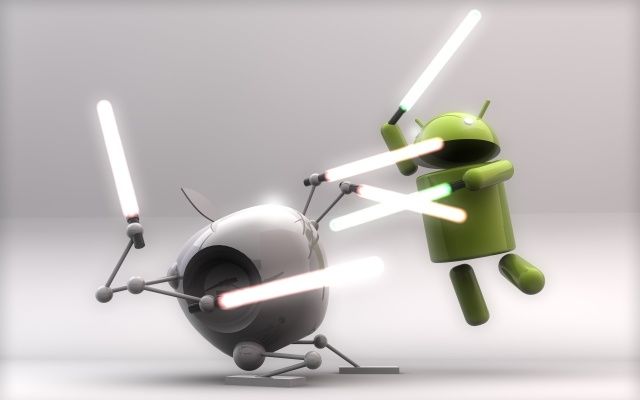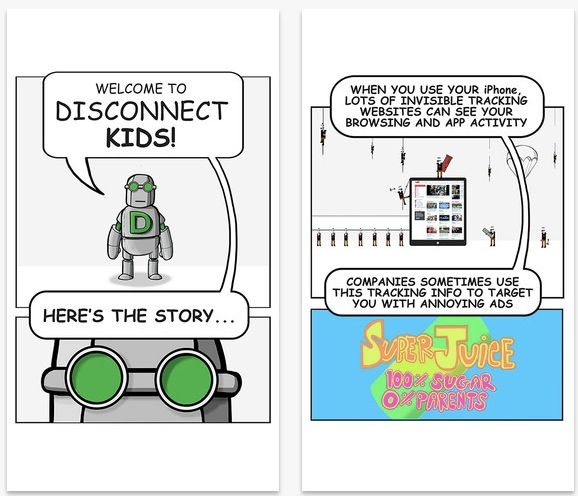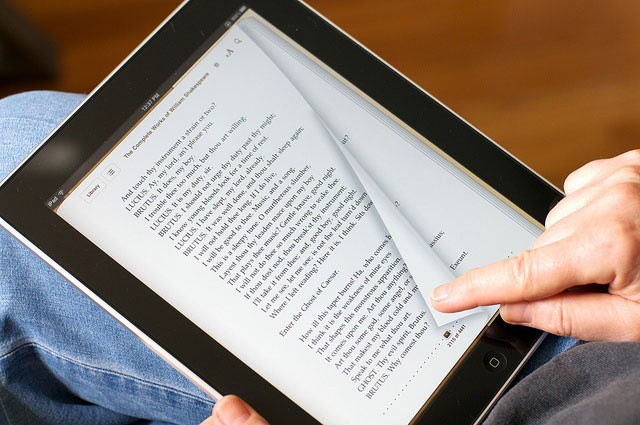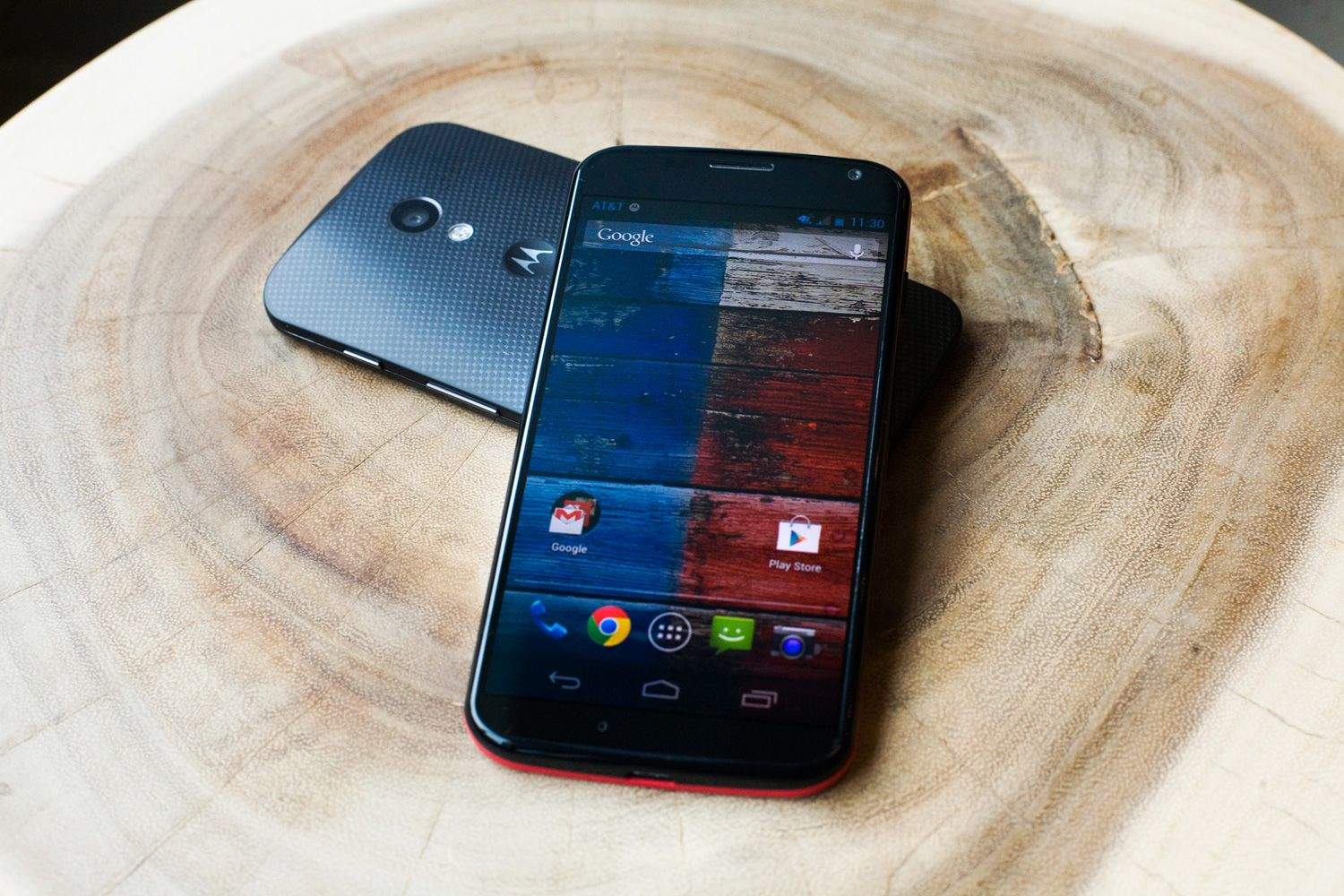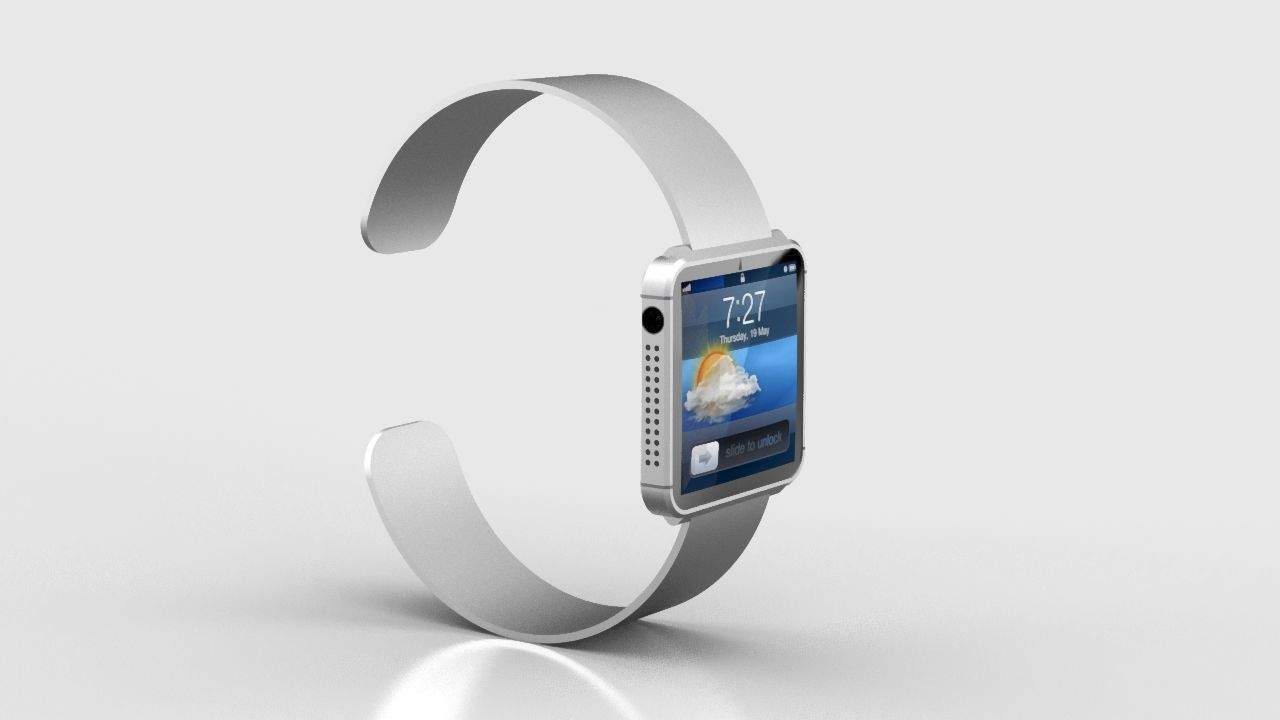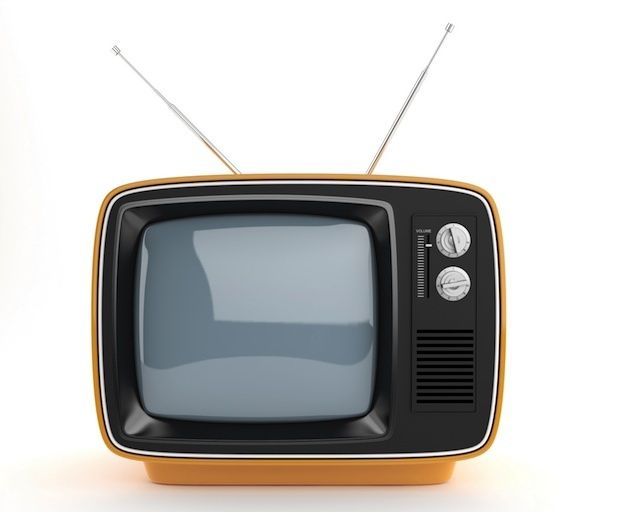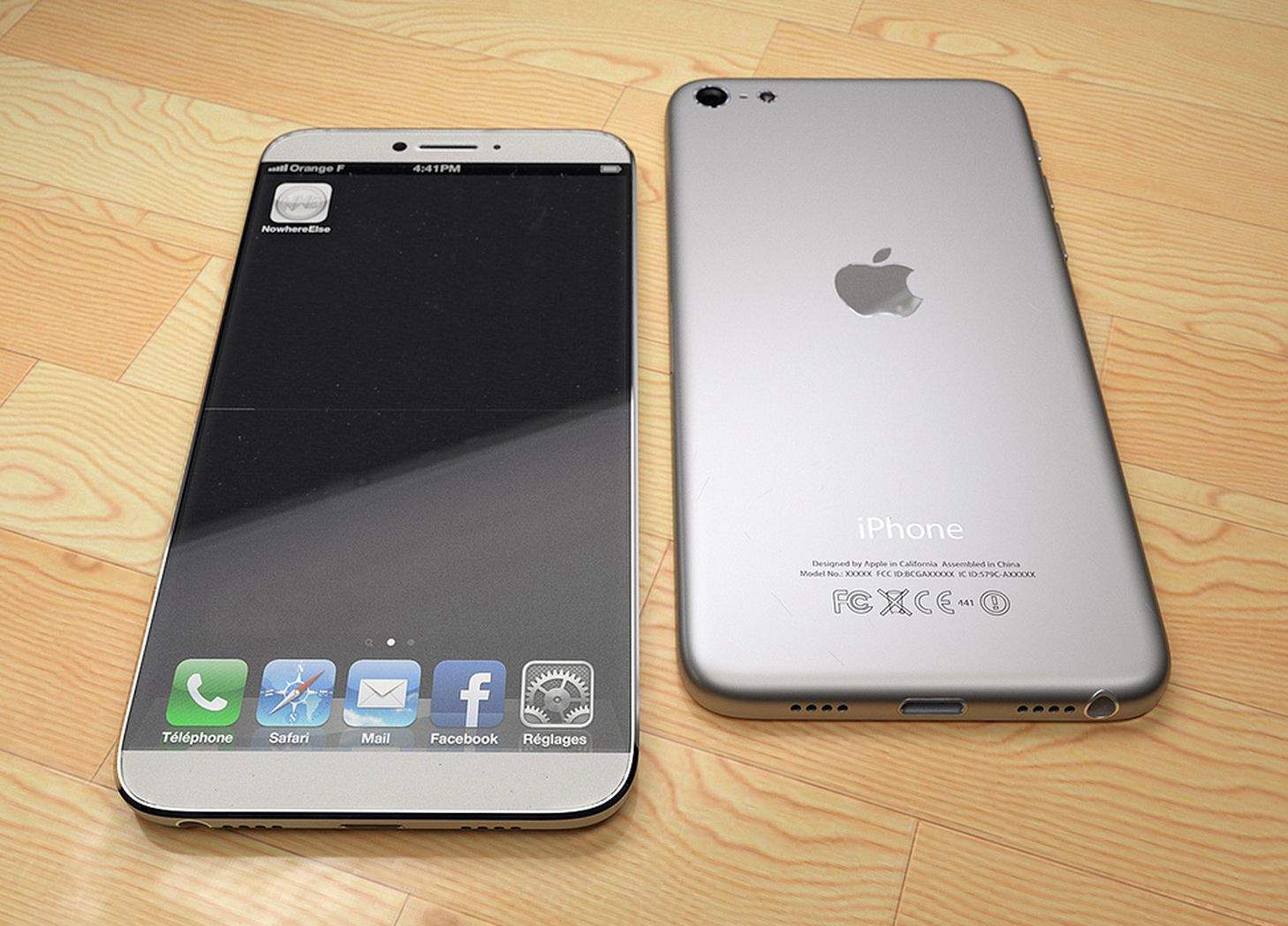Apple flipped a switch this week and enabled customers at 254 U.S. Apple Stores to get spammed with micro-location based promotional nagging.
The new system, called iBeacon, is a low cost, low-energy way to achieve actionable “indoor GPS” in which “beacons” use Bluetooth Low Energy (BLE) signals to figure out exactly where you are and send messages relevant to that specific location.
I’ve written before that Apple’s larger iBeacon plan is brilliant, and it is.
But Apple Stores are probably the least-compelling iBeacon scenario I can think of.
Your typical Apple store is a glass box, a single room with a door in the front, a Genius Bar in the back and tables and shelves in the middle. It’s impossible to get lost in a regular Apple Store and trivially easy for customers to find any of the tiny number of products for sale. Also: Apple doesn’t do in-store promotional discounts except for one day a year (Black Friday).
Right now, you participate in the Apple Store iBeacon system by launching the Apple Store app (which I imagine most iPhone owners don’t know exists) and changing your iPhone’s settings to use iBeacon (which most iPhone owners don’t know how to do) and granting permission to get in-store promotions (which most iPhone owners probably have no interest in).
Once all that happens, iBeacon interrupts you to nag you about trading in your old iPhone, and offers help like Microsoft’s Clippy when you’re looking at a specific section of the store: “I see you are looking at iPads? Would you like to know more about the iPad?” (I made up the wording, but the intent of some iBeacon messages is identical to that.)
As a result, iBeacon in Apple Stores mostly annoys. I can think of a hundred scenarios where iBeacon could be incredibly great. But the greatest of these: My house.

